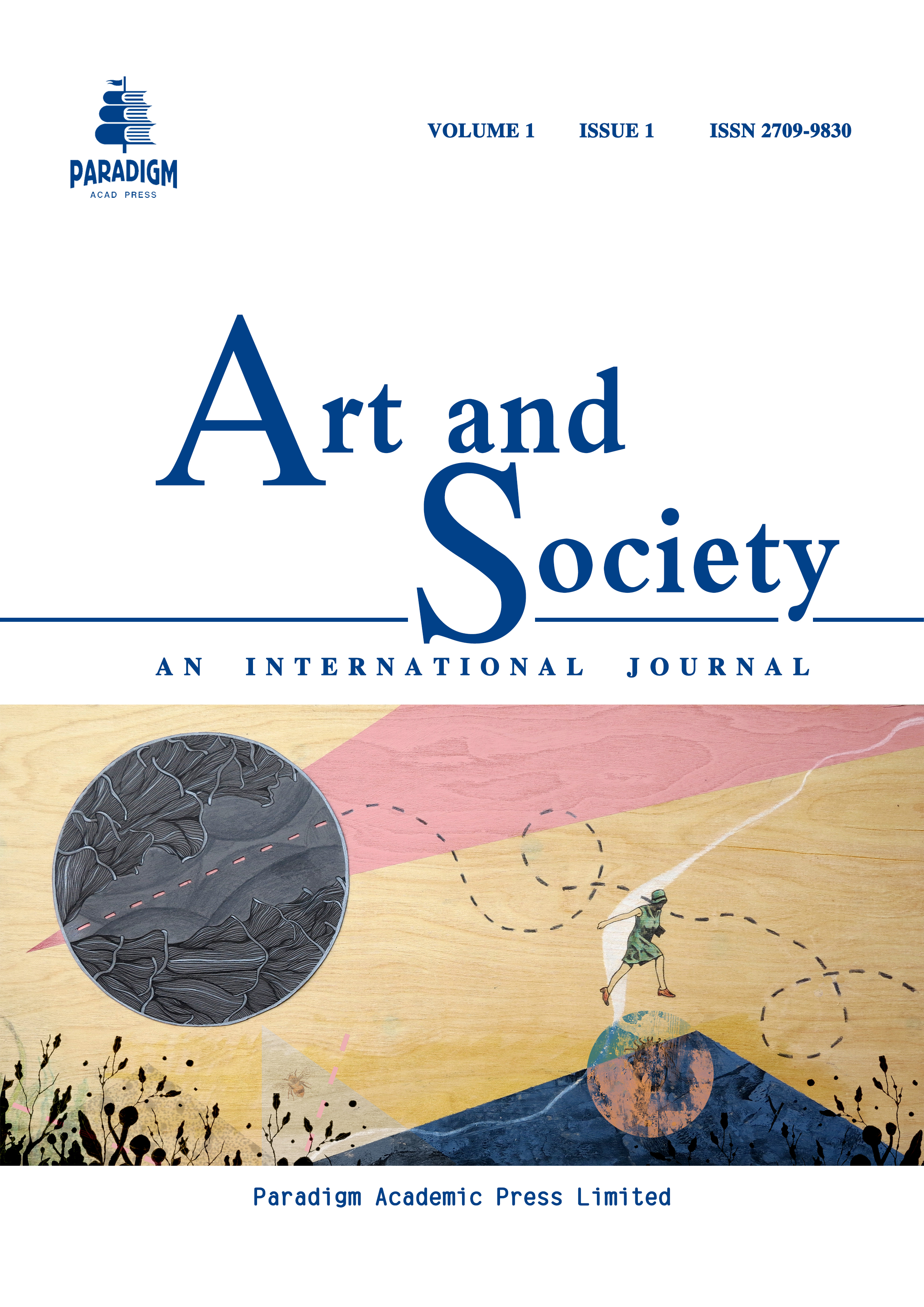Environmental and Health Impacts of Increased Municipal Solid Waste: A Sustainable Management Practice
DOI:
https://doi.org/10.63593/AS.2709-9830.2025.06.001Keywords:
municipal waste, recovery, recycling, landfill, incinerationAbstract
The municipal solid wastes (MSWs) are generated by the household, institutional and commercial, street, demolition, and industrial sources of the municipality. These wastes are identified as biodegradables, non-biodegradables, recyclables, and inert materials. These are increasing rapidly due to rapid urbanization, increased industrialization, improvement of living standards, rapid economic growth and development, population growth that result in environmental contamination, and the increase of numbers of landfills. At present MSW is the most alarming issue for safety, health, and environment that poses a significant threat to both the global economy and ecosystems. Proper management of MSW is economically and environmentally crucial for the sustainable development. On the other hand, improper management of MSW can have a significant impact on human health and the environment. At present the proper MSW technologies are developed that not only reducing the waste significantly, but also generating substantial quantity of decentralized energy. This study examines the techniques of MSW management and the consequence on the health of the city dwellers.



